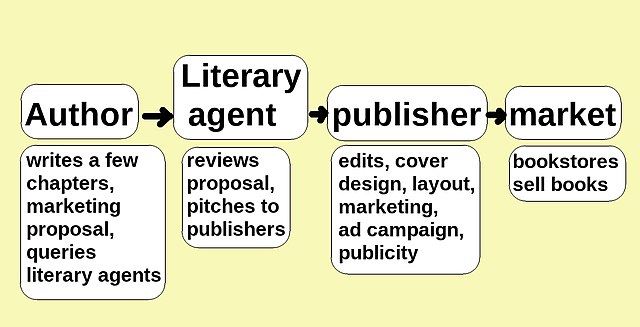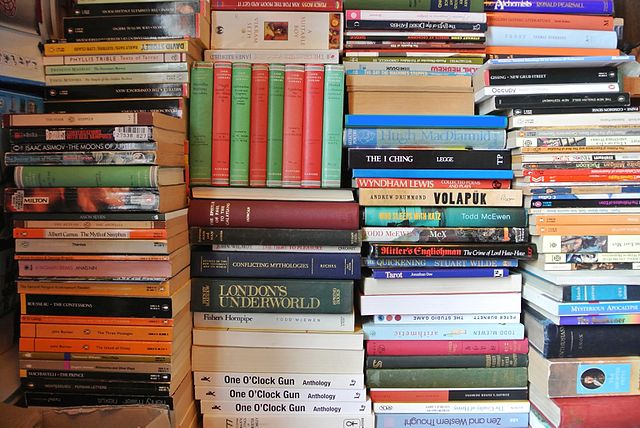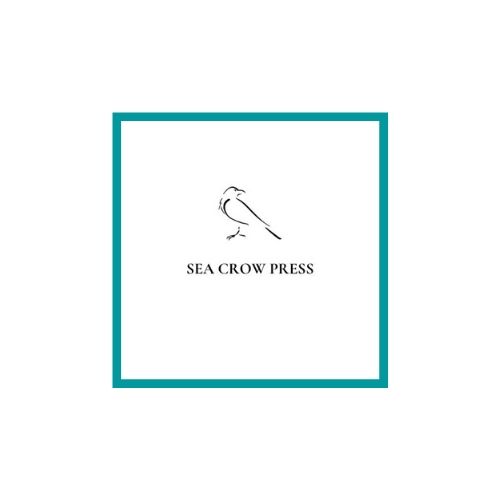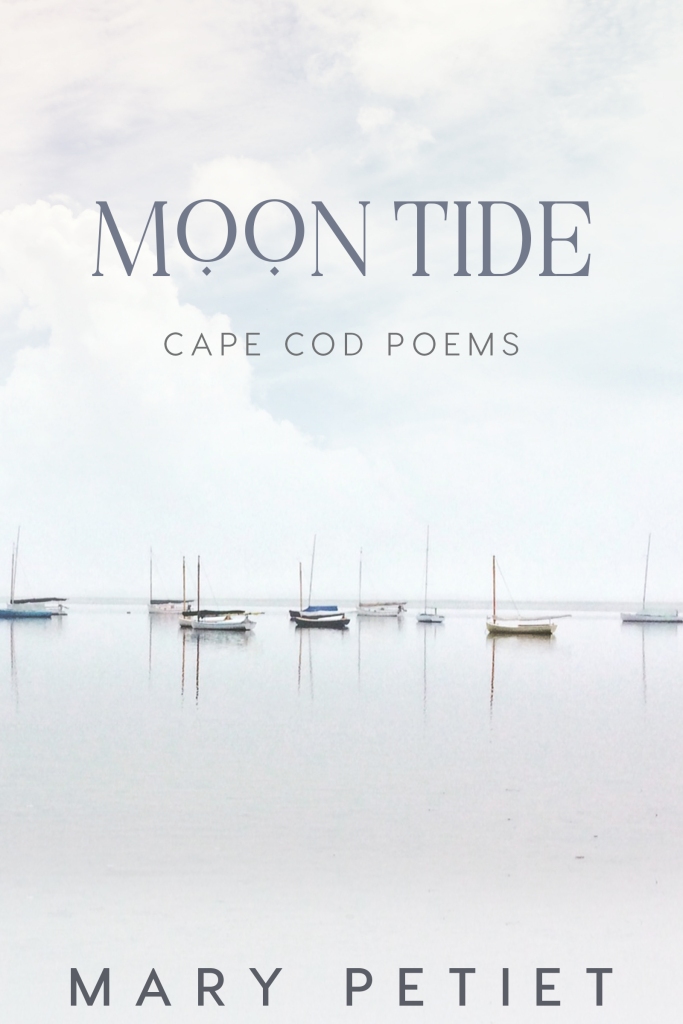When everything stopped suddenly due to COVID-19, and those who could stayed home to flatten the curve, a bunch of couch-bound, new writers in residence began a conversation on social media about the current state and future of publishing. We were wondering how best to get our work in front of actual readers.
Otherwise, why were we writing?
First, a disclaimer: I do not claim to be an expert on the publishing industry.
But I am a writer, and I do have work to share because what use is it to anyone stashed on some hard drive far from the light of day?
In the course of this writerly, couch-bound discussion, an agent piped up advising writers to do it yourself, to just go for it, especially if it’s time-sensitive. Because traditional publishing takes years to produce a book, after you’ve already spent years trying to get noticed, and by then, you’ve missed your window of opportunity.
I was happy to go with that.
Think about how the printing press completely revolutionized Europe by putting books into the hands of the people, effectively moving knowledge from the confines of the monasteries and the universities to the commonweal.

Books, which had previously taken years to create from vellum, pen, and ink, making them expensive and rare, suddenly became cheap and affordable with the mass production made possible by the printing press. Next thing you know, vernacular language overtakes Latin, the fledgling middle-class is off and running, the Reformation is underway, the nation-states are rising, and Capitalism, for better or perhaps worse, is becoming a thing.
What would the American Revolution have been without Thomas Paine’s Common Sense, fresh from his printing press?
The written word is powerful and revolutionary if people can access it.
Next, consider the internet, which is the equally revolutionary successor to the printing press, allowing writers to share their work with readers far and wide, maybe without even leaving the couch.

I went back and forth for a long time about the validity of self-publishing and the apparent need for the Official Publisher Stamp of Approval, and I concluded that because the technology to publish has fallen into the hands of writers and they are using it, the stigma of self-publishing has begun to fade. At the same time, traditional publishing simply does not have enough room for all the good writers out there, so self-publishing provides the obvious alternative route.
This article will be duly shared through my blog on my website, i.e., self-published.

You could argue publishing houses are the gatekeepers preventing loads of rubbish books littering up the place but, plenty of rubbish is also selling through traditional publishers right alongside the good stuff.
Self-publishing isn’t much different, some of the books are good, and some of the books are bad.
What is different about self-publishing and the small press is how they level the field, allowing voices that might never have been audible a chance to share their work. And before you get too excited, promotion is harder than writing, but that’s a story for another blog.

I spent the COVID-19 lock down laying low in Amsterdam, creating things out of thin air, mostly on my couch. So now there are two new things in the world: One is a book called Moon Tide, a Collection of Cape Cod Poems, and the other is a small press called Sea Crow Press.
Moon Tide is my second book, but it’s my first self-published book. Sea Crow Press evolved because Moon Tide seemed to need a home, and it was just worth creating.
I am following the news from the safety of my couch, and I am watching with the rest of you as the systems we took for granted fail. Self-publishers and small presses have always worked outside of these systems, and joining their ranks is a liberating experience, especially now in the current climate.
If not now, when?
I would not be at all surprised to see a wide selection of exciting and new self-published books coming out of the COVID-19 lock down. Mine will be among them, and so far, creating my own poetry book has been an incredible experience.
I am excited to share this book with you, potential readers, and I am pretty sure this is why most of us are writing.
It starts with the vision of a book and evolves into learning how to create a new business for a new time. Sea Crow press is fledgling but already has several new titles in the pipeline to follow Moon Tide. One is a guided journal for these difficult times, another comes from Nelipot Cottage in the cozy English countryside bringing readers a collection of essays about barefoot horses and holistic riding practices.
To create books, I had to outsource cover art while embracing a steep learning curve that continues to rise, and I had lots of help from other generous writers who have traveled this path before me.
If you are thinking about going for it yourself, check out Vellum software for interior formatting. Make sure your cover art is good because that is your first impression, and you only have one chance to make your first impression. Get up to speed with Kindle Direct Publishing (KDP), paid on delivery (POD), why you need ISBN numbers and where to get them, and give the process the time it needs.
Read and re-read, and maybe find an editor.
Keep writing people, and be very, very brave.

An independent imprint curating creative non-fiction and poetry.
Sea Crow Press is named for a flock of five talkative crows you can find on the beach anywhere between Scudder Lane and Bone Hill Road in Barnstable Village on Cape Cod.
According to Norse legend, one-eyed Odin sent two crows out into the world so they could return and tell him its stories. If you sit and listen to the sea crows in Barnstable as they fly and roost and chatter, it’s an easy legend to believe.
Sea Crow Press is dedicated to telling stories that matter. Moon Tide, a collection of Cape Cod poems, is its first offering.


Always inspiring to see authors make great strides in their own writing journeys. Wishing you all the best in your writing endeavours!
LikeLike
Thanks Stuart!
LikeLike